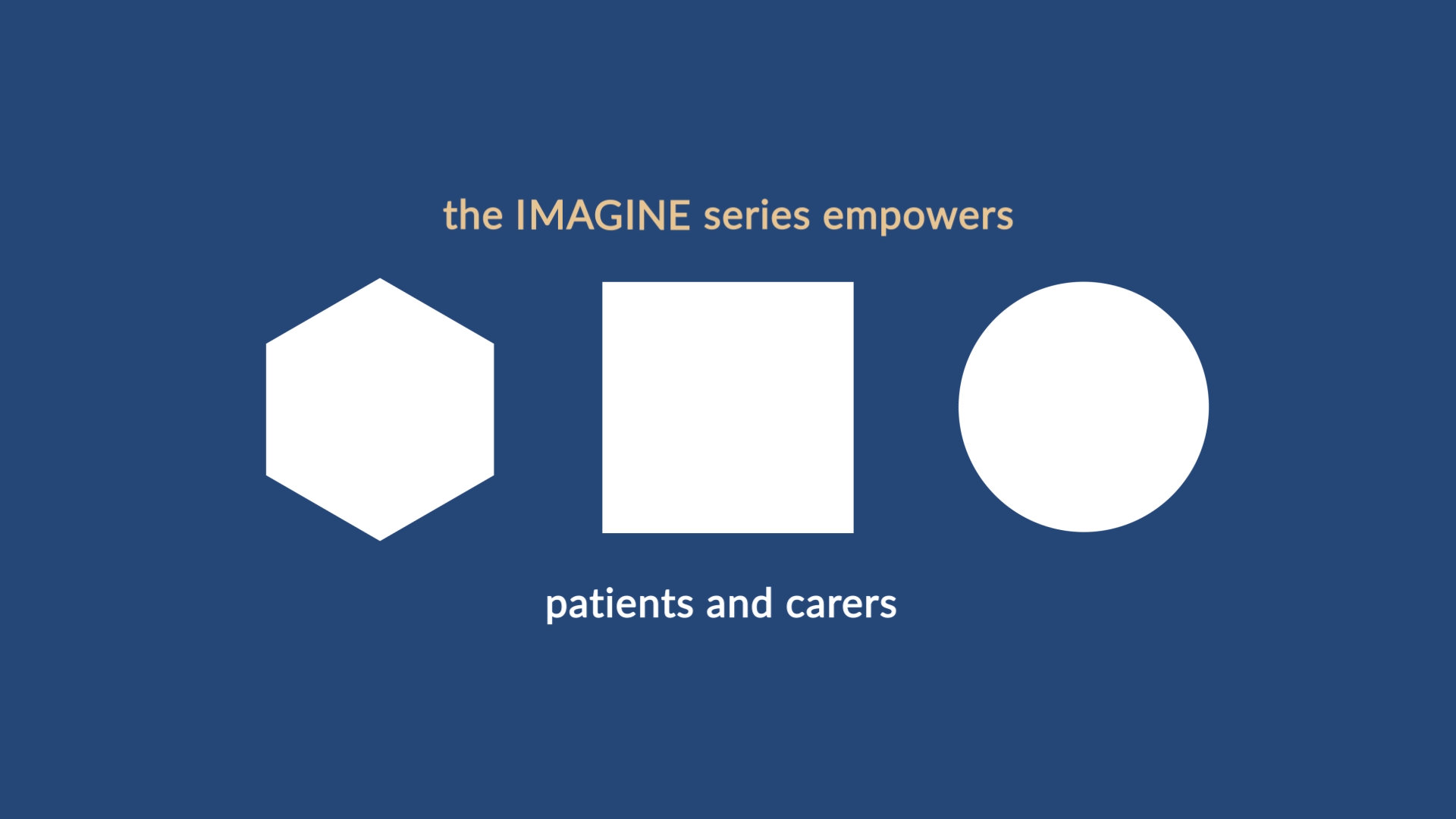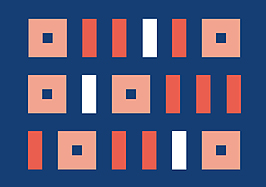
Imagine Series
Enabling the voice of the public, patients and carers to drive innovation in areas of unmet need. There are many drivers of innovation, this research series aims to enable some of those voices that are less heard to support and drive innovation in areas where it is needed.
Delivered through our Insights Programme, the IMAGINE Series is an innovative patient and public knowledge exchange programme which allows the public to influence and shape the innovation and research landscape. Underpinned by evidence synthesis methodology, including horizon scanning, and qualitative theory the series aims to understand the needs and priorities of patients and carers, to determine if they align with the current direction of research. The IMAGINE series also seeks to obtain citizen insight on the health innovations in the pipeline which could effectively address key challenges and unmet needs. As plausible, our Industry Programme acts upon the Imagine series findings to drive toward innovative solutions to the challenges identified. This research series is completed in close partnership with the UK National Innovation Centre for Ageing (NICA), and VOICE bringing together three national centres of excellence with the public to harness their immense experience, insights and ideas to improve research and stimulate innovation.
Opportunities to get involved in this work are listed here.
For more information, please contact us via the form or Insights@io.nihr.ac.uk.
A rapid priority setting exercise on faecal incontinence for Cochrane Incontinence

Faecal incontinence (FI) has a high prevalence in both community and residential settings. Historically, there has been a lack of priority setting recommendations for FI. Our priority setting exercise for Cochrane Incontinence, used an evidence gap map to provide a visual overview of emerging trial evidence; existing systematic review-level evidence and FI stakeholder topic uncertainties […]
Visit WebsitePriority setting for faecal incontinence protocol

Faecal incontinence (FI) is the involuntary passage of faecal material through the anal canal. The prevalence of FI is thought to range from 2-17% in community dwelling individuals and is strongly correlated with age. The prevalence of FI amongst people aged over 65 years and living in care homes is 40%, of which 2.3% of […]
DownloadFuture Developments and New Technologies in the field of Faecal Incontinence: Scanning the Horizon Using Late-Stage Clinical Trial Registrations

In this paper, horizon scanning techniques were used to systematically identify health technologies related to faecal incontinence (FI) in active development using the NIHR Innovation Observatory’s ScanMedicine database. We found that most late-stage trials focused on bowel management strategies, followed by strategies related to bladder and bowel dysfunction. There was limited evidence found for new […]
Visit WebsiteAn overview of technologies to prevent or arrest functional ability

The UK population is ageing with the number of people aged 65 years and over projected to increase by 49% between 2017 and 2040. Over the same time period, the 85+ population will almost double from 1.4 to 2.7 million (Age UK, 2019). Approximately one in seven people aged 65 to 69 years old and […]
Download






